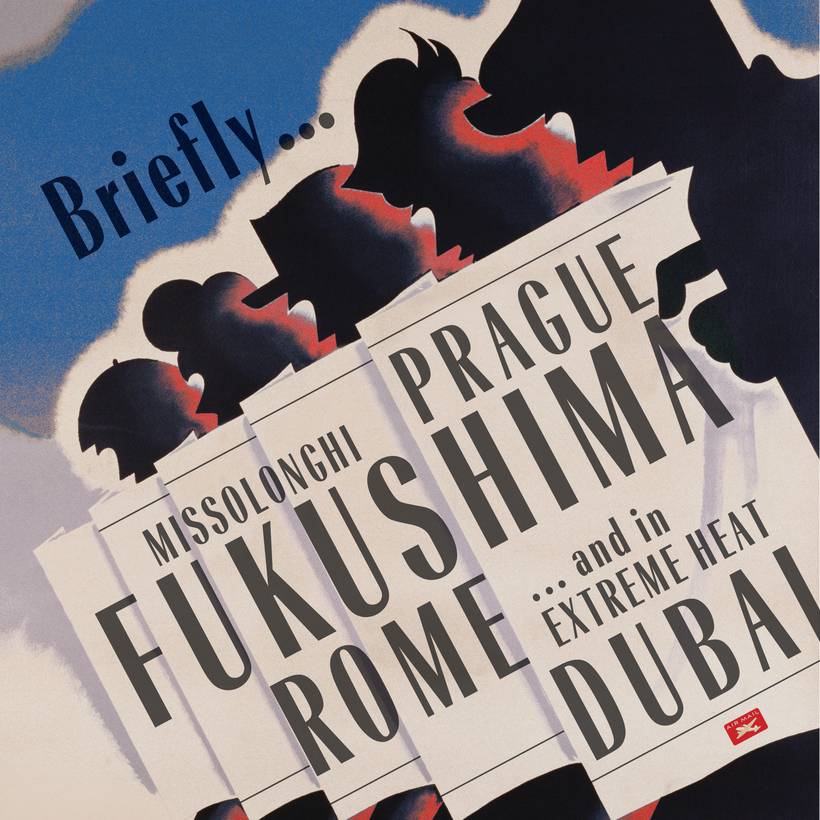In Prague …
Putin takes the throne

Here’s something that, once seen, you can’t unsee: the effigy of a naked Vladimir Putin sitting on a golden toilet that activists placed outside the Russian Embassy in the Czech Republic’s capital last week. The gesture, a protest against the fighting in Ukraine, the imprisonment of Alexei Navalny, and so on, was engineered by a group calling itself “Kaputin.” (Then again, neither can you unsee any of those photos of the real Putin in his preening, hairless, bare-chested glory.)
In Dubai …
A knockoff
Michelangelo’s David has a long history of duplication, and now another precise copy of the statue has been run off—this one using 3D printing and laser scans—and is headed for the Italy Pavilion at the postponed Expo 2020 Dubai. The original, which the artist carved in marble in 1501, remains at the Galleria dell’Accademia, in Florence. London’s Victoria and Albert Museum has perhaps the most well-known replica of the 17-foot nude, a 19th-century plaster cast that comes with an attachable fig leaf, supposedly created at the request of a taken-aback Queen Victoria.


